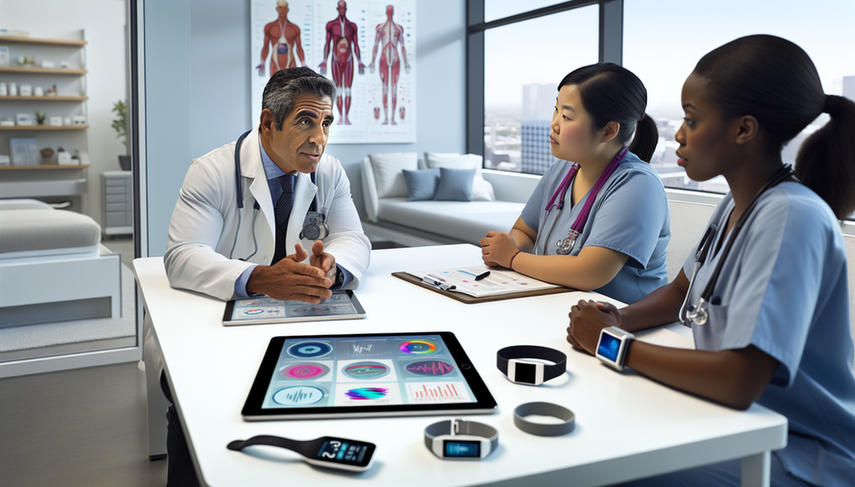Digital Health Tools: Enhancing Clinical Outcomes with Medical Applications and Monitoring Devices

In the era of digital transformation, digital health tools have emerged as essential components for enhancing clinical outcomes. Medical applications and monitoring devices are revolutionizing the way healthcare professionals interact with patients, enabling more precise and personalized tracking of health conditions. This article explores how these technologies are being implemented across various areas of medicine, from diabetes to oncology, and how they are positively impacting clinical practice.
Diving into the Use of Digital Health Tools in Medicine
The use of medical applications and monitoring devices has proven particularly beneficial in managing chronic diseases. For instance, in the realm of diabetes, advancements in continuous glucose monitoring technologies and automated insulin delivery systems have significantly improved clinical outcomes by reducing disease burden and facilitating patient self-management. These tools allow for seamless data integration that not only benefits patients but also provides physicians with valuable information for clinical decision-making.
In the field of rheumatology, digital health technologies are beginning to transform patient care through the use of electronic health records and virtual visits. However, challenges remain in the effective implementation of these technologies, such as the need for best practice standards and the integration of real-time patient-reported outcomes.
Moreover, in cancer treatment, digital self-management support tools have shown positive effects on patients' quality of life, improving the management of physical and psychosocial symptoms. These tools enable continuous and personalized monitoring, which is crucial for managing complex and long-term diseases.
Conclusions
Digital health tools, including medical applications and monitoring devices, are playing an increasingly important role in enhancing clinical outcomes. As these technologies continue to evolve, it is essential for healthcare professionals to stay informed about the latest innovations and consider how they can be effectively integrated into clinical practice. Collaboration among technology developers, regulators, and healthcare professionals will be key to overcoming current barriers and maximizing the potential of these tools for the benefit of patients.
Referencias
- [1] Advances in diabetes technology within the digital diabetes ecosystem
- [2] Digital health technologies: opportunities and challenges in rheumatology
- [3] Digital Self-Management Support Tools in the Care Plan of Patients With Cancer: Review of Randomized Controlled Trials
Created 13/1/2025
